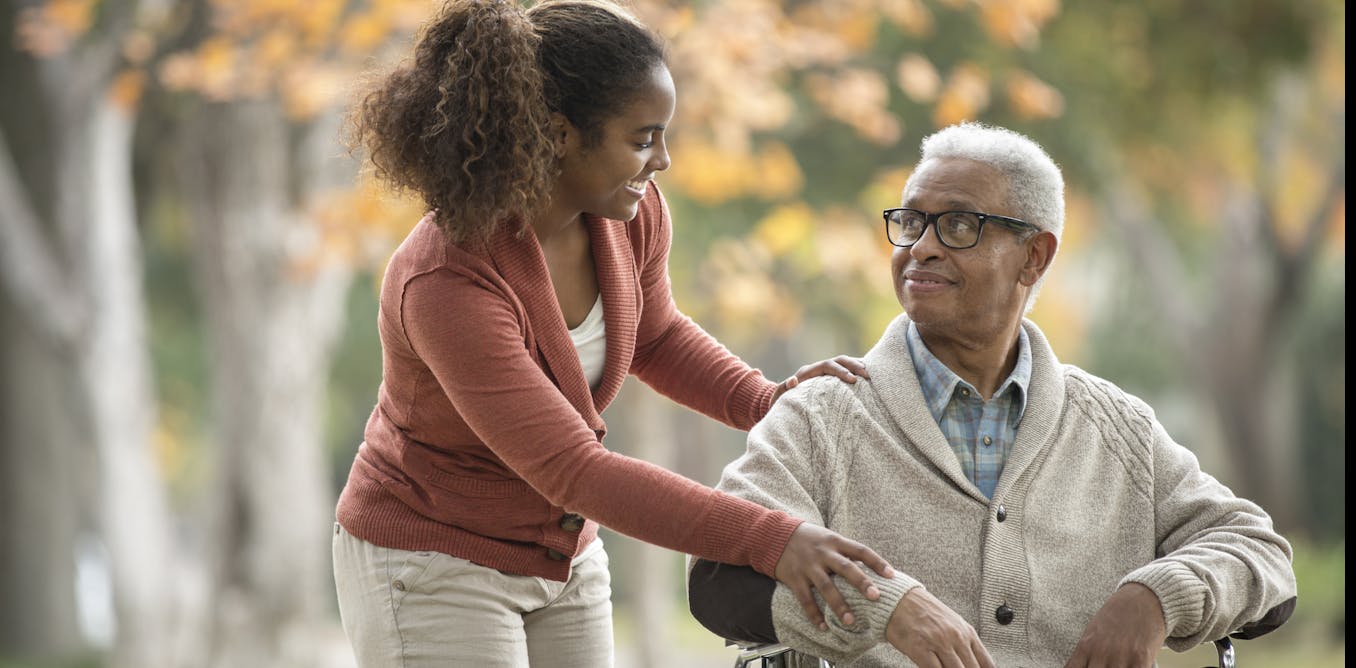by KATHY L. LEE

Millions of Americans have become informal family caregivers: people who provide family members or friends with unpaid assistance in accomplishing daily tasks such as bathing, eating, transportation and managing medications.
Driven in part by a preference for home-based care rather than long-term care options such as assisted living facilities, and the limited availability and high cost of formal care services, family caregivers play a pivotal role in the safety and well-being of their loved ones.
Approximately 34.2 million people in the United States provide unpaid assistance to adults age 50 or above, according to the Family Caregiver Alliance. Among them, about 15.7 million adult family caregivers care for someone with dementia.
I am a licensed clinical social worker and an assistant professor of social work studying disparities in health and health care systems. I focus on underrepresented populations in the field of aging.
Don’t let yourself be misled. Understand issues with help from experts
Challenges for family caregivers
In my research focusing on East Asian family caregivers for people with Alzheimer’s and related dementia, I discovered that Chinese American and Korean American caregivers often encounter challenging situations. These include discrimination from health care facilities or providers, feelings of loneliness and financial issues. Some of these caregivers even find themselves having to retire early because they struggle to balance both work and caregiving responsibilities.
My findings join a growing body of research showing that family caregivers commonly encounter five specific challenges: financial burdens, limited use of home- and community-based services, difficulties accessing resources, a lack of knowledge about existing educational programs, and physical and emotional challenges, such as feelings of helplessness and caregiver burnout.
However, researchers are also finding that family caregivers feel more capable of managing these challenges when they can tap into formal services that offer practical guidance and insights for their situations, as well as assistance with some unique challenges involved with family caregiving. How to find your way back if you feel that you’ve lost yourself in a caregiving role.
How to find your way back if you feel that you’ve lost yourself in a caregiving role.
The demographics of informal caregivers
More than 6 in 10 family caregivers are women.
The Conversation for more
